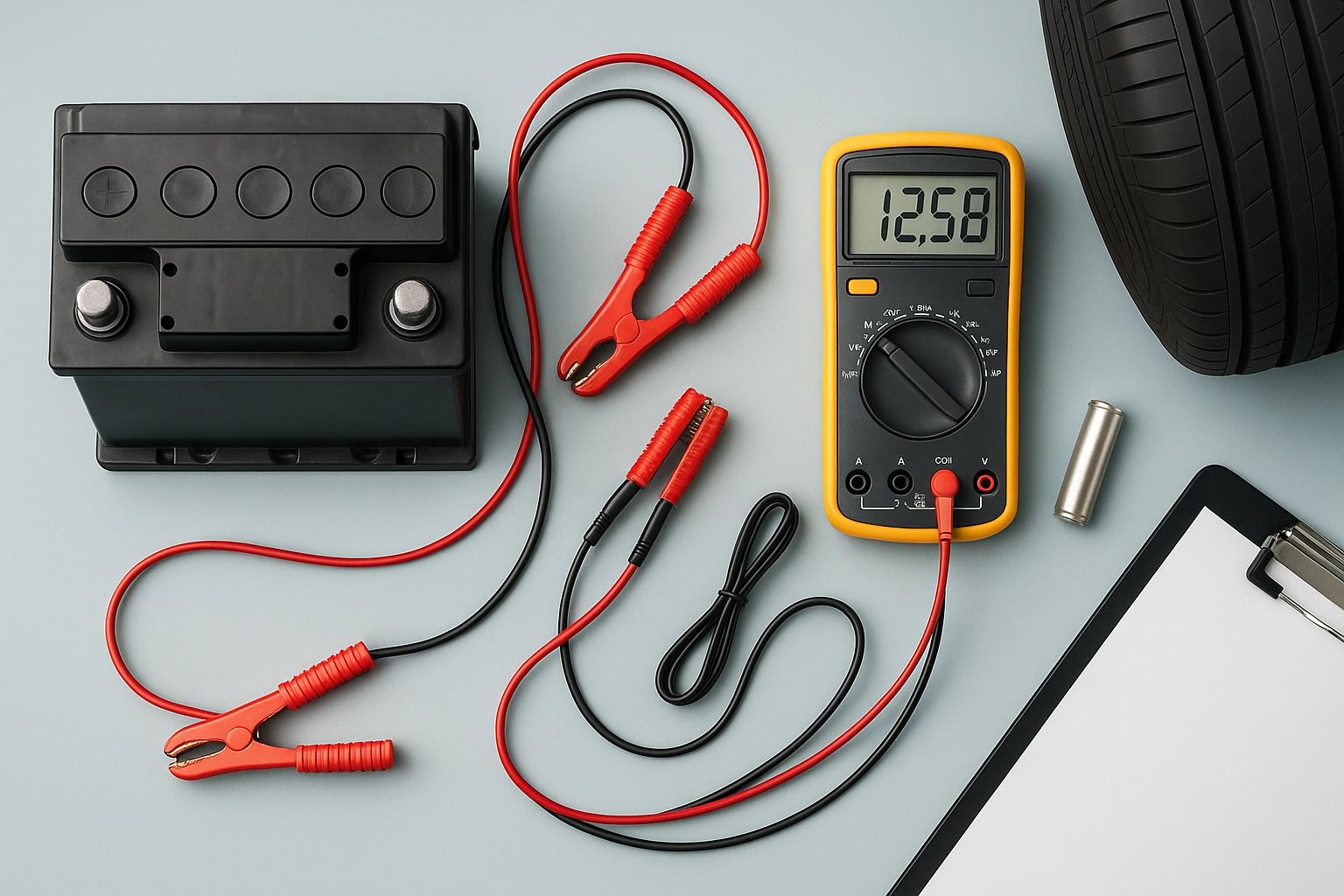UL 2271 Light EV Battery Safety Test
The UL 2271 Light Electric Vehicle (EV) Battery Safety Test is a critical procedure designed to ensure that lithium-ion battery packs in light electric vehicles meet the highest safety standards. This test, which aligns with international safety regulations and standards such as ISO 6811-5:2014 for thermal runaway propagation tests, is essential for manufacturers aiming to comply with stringent safety requirements.
Developed by Underwriters Laboratories (UL), this test evaluates the potential for thermal runaway in lithium-ion batteries used in light EVs. The test aims to prevent catastrophic failures that could lead to fire or explosion, thereby protecting both passengers and personnel involved in the manufacturing and maintenance processes. Compliance with UL 2271 is not only a requirement for many countries but also enhances brand reputation by demonstrating a commitment to safety.
The testing process involves subjecting battery packs to controlled conditions designed to simulate real-world scenarios where overheating or other stressors might occur. The test includes various stages, each aimed at assessing different aspects of the battery's performance under stress:
- Thermal cycling: This simulates the temperature variations that a battery might experience in an operational environment.
- Overcharge testing: Evaluates how the battery handles excessive charging conditions without risk of thermal runaway.
- Short circuit test: Assesses the battery's ability to handle a short circuit and recover safely.
- Vibration testing: Ensures that the battery remains safe even under rough road conditions or during transport.
The results of these tests are meticulously recorded, providing insights into the battery's thermal stability, energy storage capacity, and overall safety. Compliance with UL 2271 is a testament to the quality control measures in place and ensures that products meet stringent safety standards before they reach the market.
By adhering to this rigorous testing protocol, manufacturers not only ensure compliance but also enhance their product's reliability and longevity. This test is particularly important for electric vehicles, which are rapidly gaining popularity due to environmental benefits and increasing consumer demand for greener transportation options.
Eurolab Advantages
EuroLab stands out as a premier provider of UL 2271 Light EV Battery Safety Testing services. Our expertise in this domain is unmatched, thanks to our state-of-the-art facilities and highly skilled technical staff. Here are some key advantages:
- Comprehensive Test Capabilities: We offer a full range of testing solutions tailored specifically for the automotive industry, ensuring that clients receive comprehensive support.
- Expertise in Compliance: Our team stays updated with the latest standards and regulations, helping our clients navigate complex compliance requirements smoothly.
- Advanced Equipment: Utilizing cutting-edge technology, we provide precise and reliable test results, ensuring that every battery tested meets stringent safety criteria.
- Customized Solutions: Understanding that no two projects are the same, EuroLab offers bespoke testing solutions to meet individual client needs.
- Experienced Staff: Our team comprises highly qualified professionals with extensive experience in automotive and battery testing, ensuring accurate and consistent results.
- Rapid Turnaround Times: With efficient workflows and streamlined processes, we provide timely delivery of test reports to our clients.
EuroLab's commitment to excellence is reflected in the quality of service we deliver. By choosing us for your UL 2271 Light EV Battery Safety Testing needs, you can be assured of top-notch results that meet or exceed all relevant standards and regulations.
Customer Impact and Satisfaction
The UL 2271 Light EV Battery Safety Test has a profound impact on both the automotive industry and its customers. Here are some key points highlighting this:
- Enhanced Product Reliability: Compliance with UL 2271 ensures that batteries used in light electric vehicles are safe, reliable, and long-lasting.
- Increased Consumer Confidence: When consumers see that a vehicle complies with such stringent safety standards, they gain trust in the brand and its products.
- Avoidance of Regulatory Penalties: By adhering to UL 2271, manufacturers can avoid legal issues and fines associated with non-compliance.
- Improved Market Position: Demonstrating a commitment to safety through compliance with UL 2271 enhances the manufacturer's reputation in the market.
- Simplified Compliance Processes: EuroLab’s expertise helps manufacturers navigate complex regulatory landscapes, simplifying their compliance processes.
EuroLab has consistently received high satisfaction ratings from its clients. Our clients appreciate our commitment to delivering accurate and timely test results, which are critical for the success of their products in the market. By choosing EuroLab, customers can be confident that they are receiving world-class testing services that meet or exceed all relevant standards.
Competitive Advantage and Market Impact
The UL 2271 Light EV Battery Safety Test plays a crucial role in providing manufacturers with a competitive edge. By ensuring that their products comply with the most stringent safety regulations, companies can:
- Increase Competitive Edge: Compliance with UL 2271 sets a benchmark for product quality and safety, making it easier to compete in a crowded market.
- Promote Brand Reputation: Demonstrating a commitment to safety through compliance enhances brand reputation and fosters customer loyalty.
- Meet Market Demand: As consumer demand for electric vehicles grows, manufacturers that comply with UL 2271 can better meet market expectations.
- Avoid Market Entry Barriers: By meeting regulatory requirements upfront, companies avoid the need to rework products later, saving time and resources.
The test also has a significant impact on the broader automotive industry. Compliance with UL 2271 helps to establish industry standards that promote safety and reliability across all electric vehicle manufacturers. This not only benefits individual companies but also contributes to the overall safety of the electric vehicle market, fostering trust among consumers.





